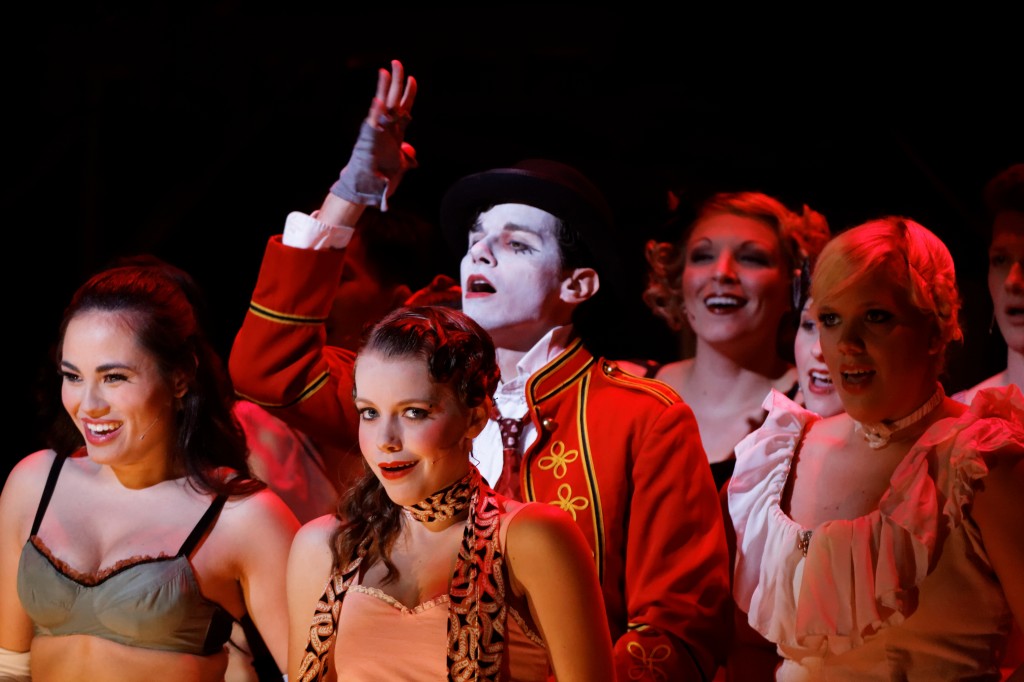
DIG A LITTLE BENEATH THE SURFACE of Atlanta theater and you might find a pipeline from Kennesaw. That’s because Kennesaw State University appears to be sending more than its share of actors, directors, playwrights and designers to Atlanta stages.
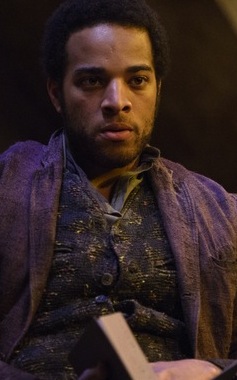
Take John Stewart, for example. He hasn’t even graduated from the school’s Theatre and Performance Studies program, but he’s wrapping a run at the Alliance Theatre in Tarell Alvin McCraney’s Choir Boy. He understudied several roles in the show during its summer premiere at Manhattan Theatre Club in New York, an Alliance partner. He was one of three characters in the Alliance’s Whipping Man last spring (for which he’s just earned a Suzi Bass Award nomination — Atlanta’s version of the Tonys), has done A Christmas Carol, also at the Alliance, and has appeared onstage with Synchronicity Theatre. In January he plays Green Bay Packers lineman Dave Robinson in Lombardi at Aurora Theatre.
Marium Khalid and Phillip Justman, now married, met as Kennesaw undergrads. In 2011, they founded SAIAH Arts International, which has turned out a mostly steady stream of performances at Atlanta’s Goat Farm Arts Center the past two years (Rua | Wulf, Moby Dick).
Their City of Lions and Gods took top honors at the Prague Fringe Festival this past summer. Written by Khalid and based on the life of her great-grandmother in Pakistan, the play won a Critics Choice Award in Atlanta. In addition, Khalid recently received a Community Impact Award from the Emory College Center for Creativity & Art.
Lowrey Brown (Class of 2010) played Enjolras in Aurora’s recent and uber-successful staging of Les Miserables, not his first time on the Lawrenceville stage.
See what we mean?
IT’S ALL ABOUT FOCUS
So how has Kennesaw been so successful in launching its students into professional theater?
The 24,000-student university north of Atlanta, clustered with modern brick buildings and constant construction, clearly has a theater department with spark.
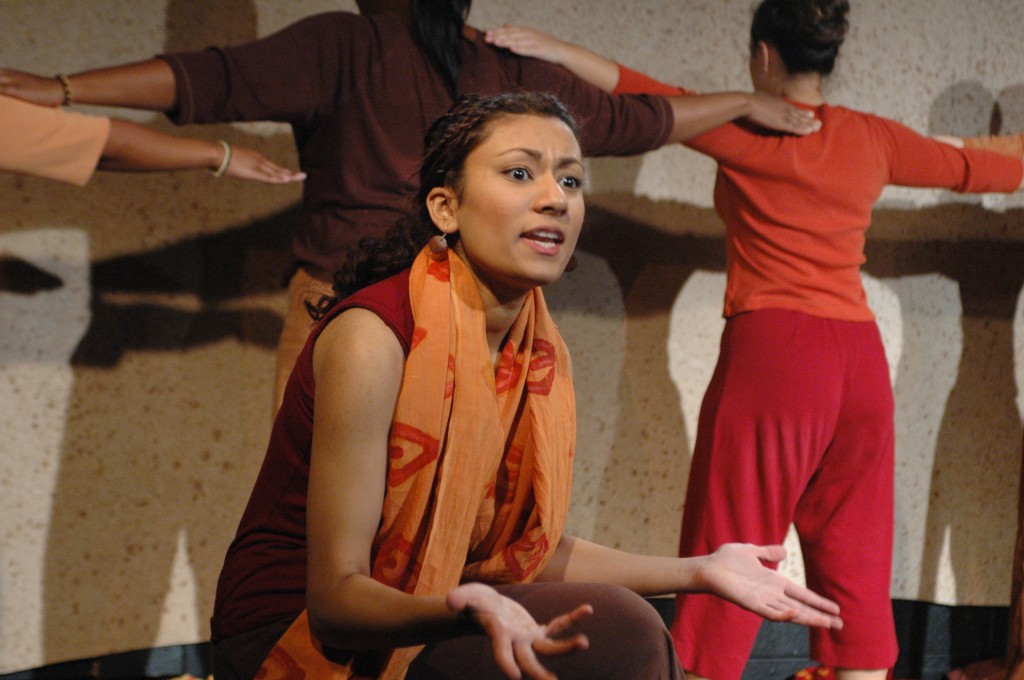
Karen Robinson, interim chair, credits a distinctive feature — a focus on performance studies, which involves personal narrative, storytelling and adaptations of literature in addition to customary acting opportunities Students gain a wider range of skills, she says. In the current economic climate, theater graduates “have to be able to do more than one thing,” she says. “You can’t wait around for somebody to cast you.”
In one project, for example, Robinson worked with faculty member Margaret Baldwin to interview Kennesaw students who had come from Kenya. The pair gathered oral histories, asking about the departure from Africa, culture shock in America, and hopes and plans for the future. They then wove the narratives together to create a performance ethnography piece titled You Always Go Home.
Such a production goes beyond the traditional notion of theater.
“I think KSU helped me in a massive way,” Stewart says. It “was a connecting point for me in the Atlanta theater community. Our professors have working relationships with people not just in Atlanta, but other places as well.”
Robinson, he says, was instrumental in teaching him to find “stillness and subtlety even in really large moments.” Stewart also cites the influence of instructors Harrison Long and Dean Adams (no longer at KSU).
“KSU has been really instrumental in not just acting stuff,” Stewart says, “but helping me navigate the technicalities of the business. I can still talk to professors like Jamie Bullins about auditions, about resumes, about headshots.”
Kennesaw’s program also has a strong focus on academics. It aims to create scholar-artists who can not only perform, but analyze. Students also gain insight into “the performance of self in everyday life,” Robinson says.
CONNECTIONS COUNT
Equally important is the fact that the faculty is actively involved in Atlanta theater.
“KSU has lots of connections to professional companies,” says SAIAH’s Justman. Robinson, for example, is an associate artist at Georgia Shakespeare, where she’s directed 14 productions.
And KSU grads aren’t just succeeding locally. Scenic designer James Maloof (2010), who has worked with Dad’s Garage and Theatrical Outfit, among other Atlanta companies, is now head carpenter at the American Academy of Dramatic Arts in New York.
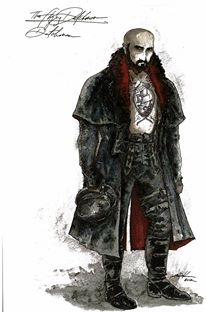
Erik Teague (2008) designed costumes for 7 Stages’ current Navigator at the Goat Farm. He’s also has designed in Boston and for the Glimmerglass Festival in New York.
Harrison Long and Jamie Bullins both worked on productions at Serenbe Playhouse this past summer. Lauren Rondone (2012) designed scenery for Hair there.
Additional graduates to keep in your sights around town:
- Olivia Aston (2010), a teaching artist and coordinator of the Alliance’s Theatre for the Very Young.
- Andrew Crigler (2012), who directed Charlotte’s Web at Fabrefaction Theatre in May.
- Lark Hylton Honrine, box office manager at Georgia Ensemble Theatre.
- Haylee Scott (2010), a stage manager apprentice at the Alliance.
- Daniel Terry (2011), assistant technical director at Aurora Theatre.
- Ben Tilley (2005) is lighting supervisor at Atlanta Ballet.
And by the time you read this list, it no doubt has grown.
::
Stell Simonton is an Atlanta freelance writer whose work is found in the Christian Science Monitor, The Atlanta Journal-Constitution and Atlanta Parent, among others. She is a member of the Artist Conference Network.

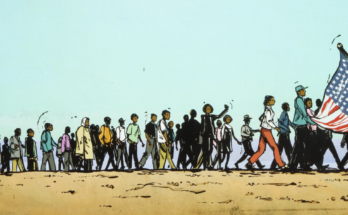

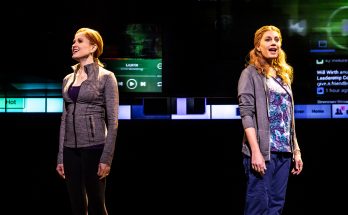
Thank you for this wonderful article. We are very grateful that KSU is training their students to be WORKING PROFESSIONALS, not just artists. We used to look to schools like Valdosta State University knowing their graduates were well rounded and ready to be employed. Now, we recognize the strength of the KSU graduates, as grounded actors, with well rounded abilities, ready to work hard.
I was fascinated to be reminded of the successful design program, which is no surprise with Jamie Bullins as a mentor and professor. Daniel Terry is truly an asset to our organization, He not only brings valuable expertise, but he demonstrates an incredible work ethic.
Continued success to Karen Robinson and Company! Please continue your valuable and essential work.
Thanks for taking the time to read and respond, Ann-Carol. Appreciate hearing from you.